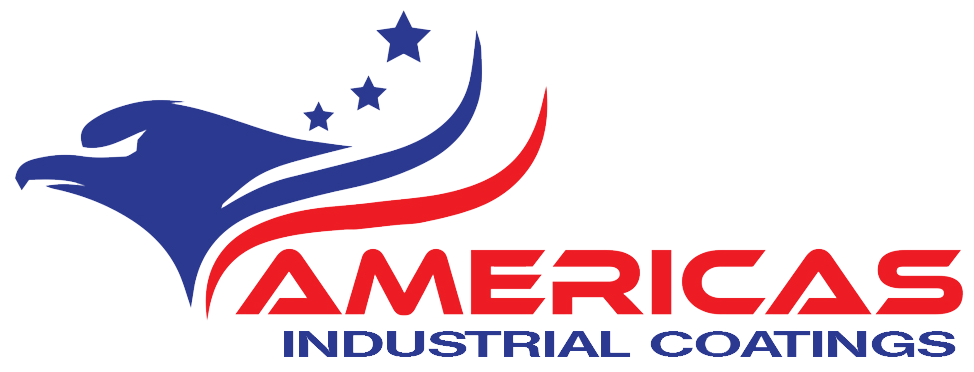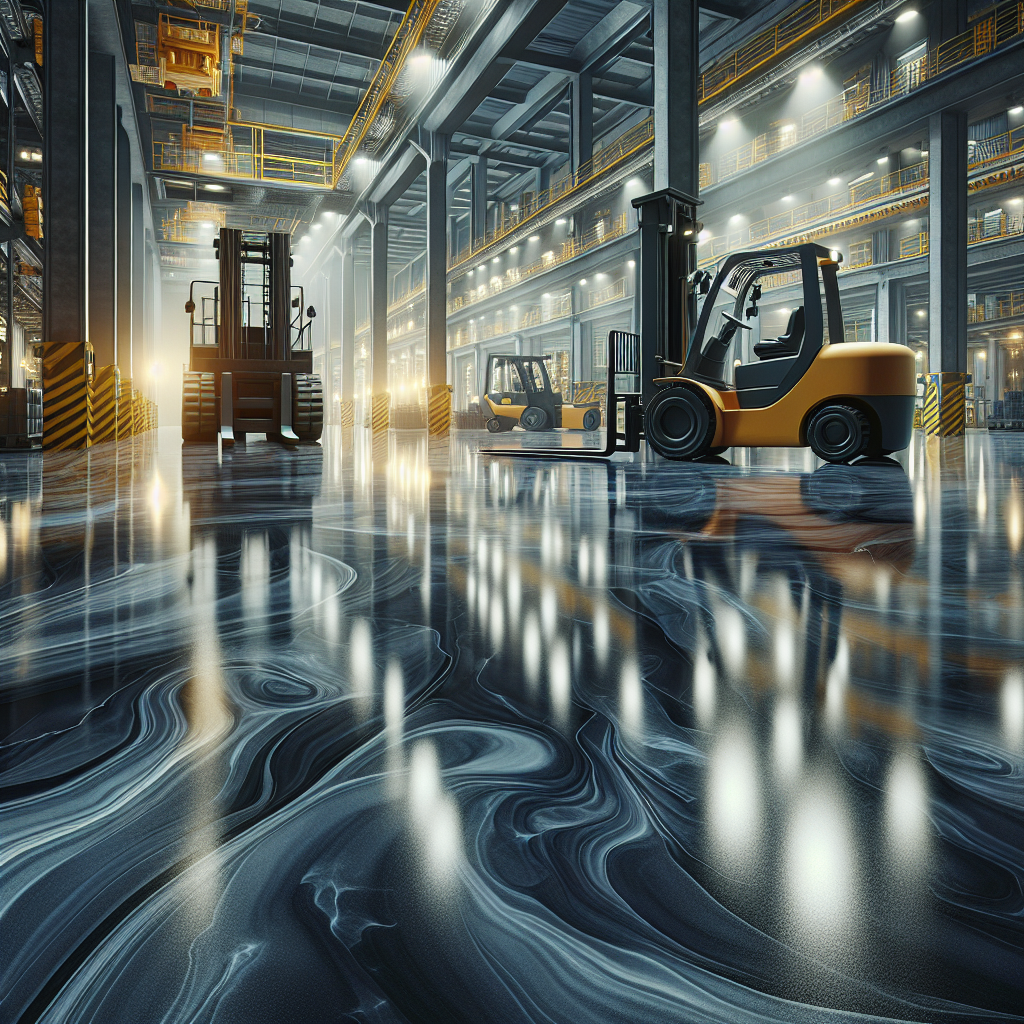When considering how hard is epoxy flooring, it’s essential to understand that this flooring type is renowned for its remarkable durability and resistance to wear and tear. Epoxy flooring is made from a combination of resin and hardener, which, when mixed, undergoes a chemical reaction that creates a solid, robust surface. This process results in a floor that can withstand heavy loads, making it ideal for both residential and commercial applications.
One of the most significant advantages of epoxy flooring is its high compressive strength. This means it can bear substantial weight without cracking or damaging. Moreover, epoxy floors are resistant to a variety of chemicals, stains, and moisture, which enhances their longevity and makes them a preferred choice in industrial settings.
To give you a clearer picture, here are some key features of epoxy flooring hardness:
- Impact Resistance: Epoxy floors can absorb impacts well, preventing chips and cracks.
- Scratch Resistance: The hardened surface resists scratches from heavy equipment and foot traffic.
- Stain Resistance: Spills can be easily cleaned without leaving a mark, thanks to the non-porous surface.
In summary, epoxy flooring is not only hard but also offers a multitude of benefits that make it a wise investment for any space. To learn more about epoxy flooring and how it can transform your property, Call Us Today for a Free Quote.
Factors Influencing Epoxy Flooring Hardness
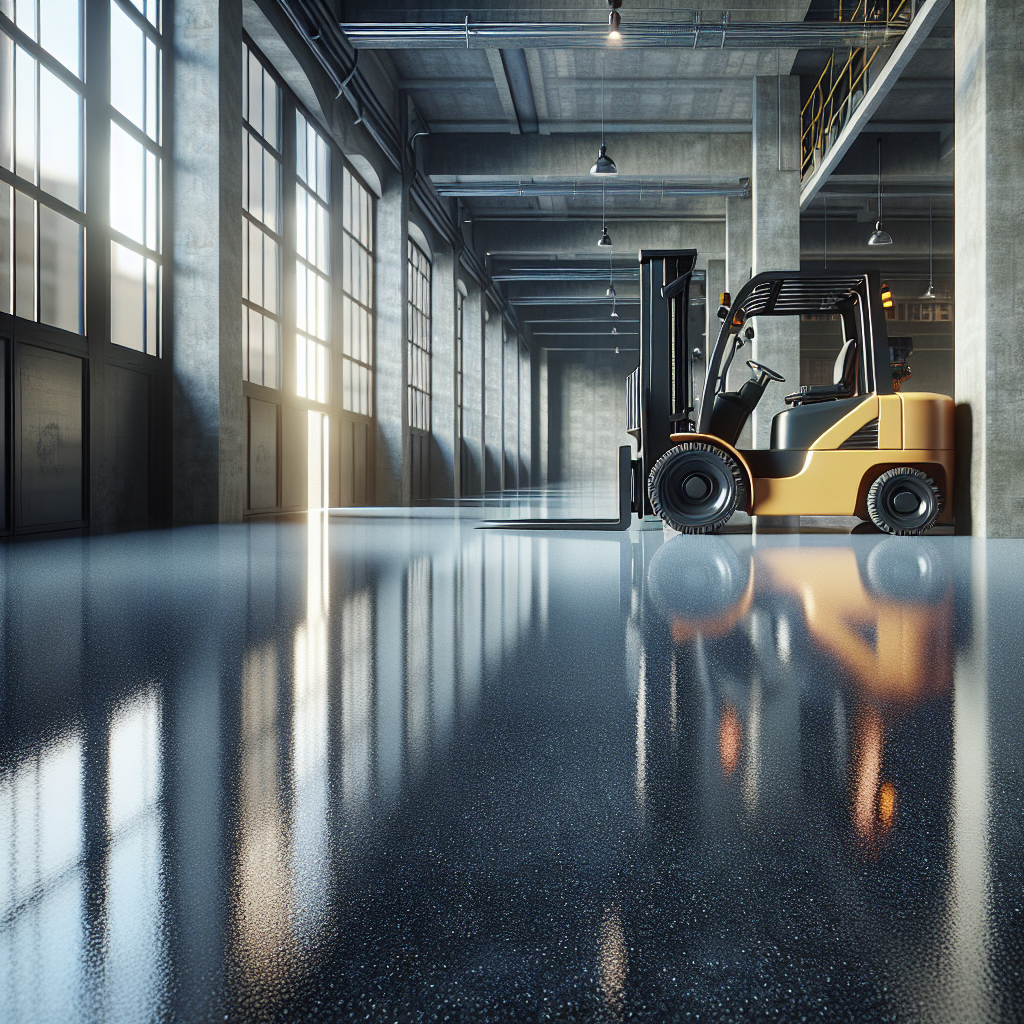
The hardness of epoxy flooring is influenced by several key factors that play a crucial role in the overall performance and longevity of the floor. Understanding these factors can help you make informed decisions when selecting the right epoxy solution for your needs.
First and foremost, the quality of the epoxy resin used significantly affects the hardness. High-quality resins are formulated to provide better durability and resistance to wear, which translates to a harder flooring surface. Additionally, the ratio of resin to hardener during installation is critical. A precise mix ensures optimal curing and contributes to the final hardness of the floor.
Another important factor is the environmental conditions during installation. Temperature and humidity can influence the curing process, which in turn affects the hardness of the epoxy. Ideal conditions typically result in a harder, more durable surface.
Moreover, thickness of the epoxy layer also matters. Thicker applications generally yield a more robust and harder floor, making it resistant to impacts and heavy loads. The type of additives incorporated into the epoxy mixture can further enhance hardness and performance. For instance, adding silica sand can improve traction and increase the surface hardness.
Lastly, the preparation of the substrate is crucial. A well-prepared surface allows for better adhesion and curing of the epoxy, contributing to its overall hardness and durability. By considering these factors, you can achieve a high-quality epoxy flooring that meets your specific requirements.
Benefits of Choosing Hard Epoxy Floors
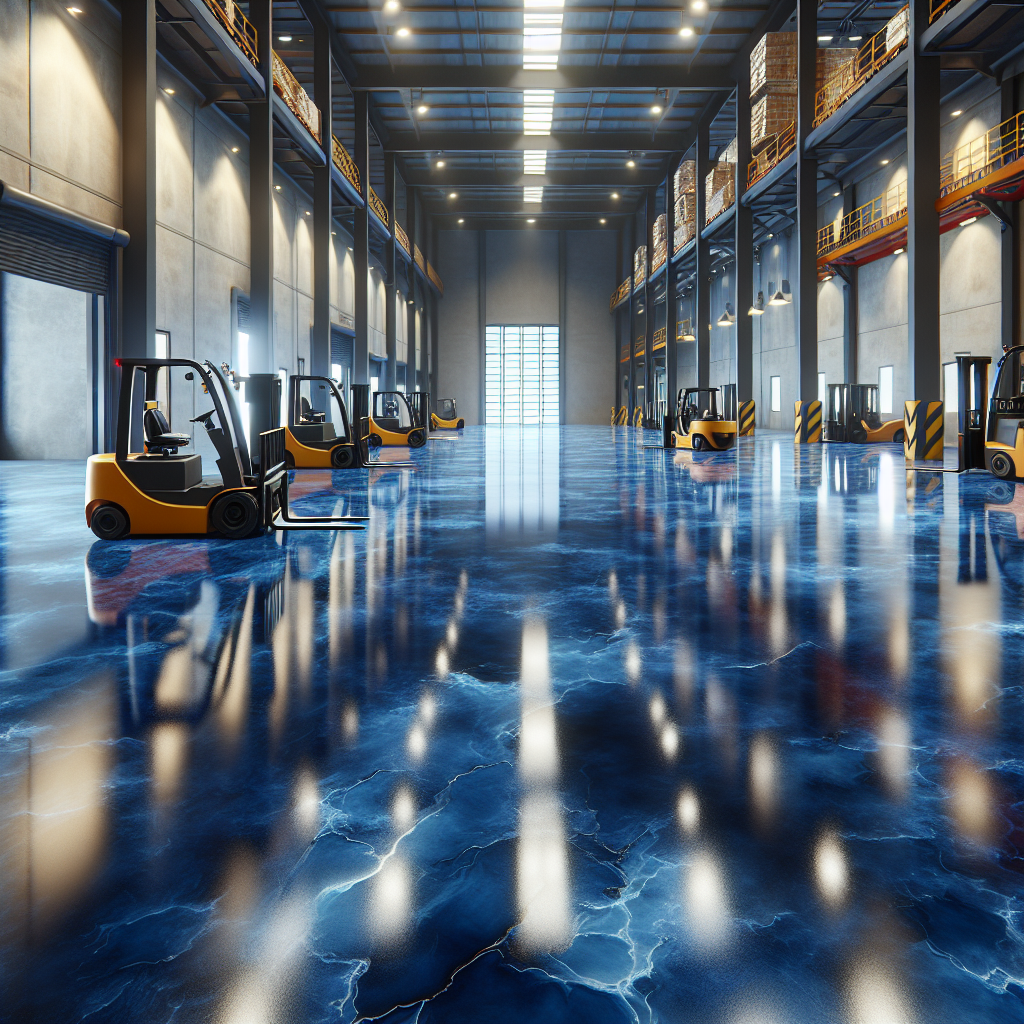
Choosing hard epoxy floors offers a multitude of benefits that can enhance the functionality and aesthetics of any space. Here are some of the key advantages:
- Durability: Hard epoxy floors are designed to withstand heavy foot traffic, machinery, and impact. This makes them ideal for commercial and industrial settings where durability is essential.
- Resistance to Chemicals: One of the standout features of epoxy flooring is its resistance to a wide range of chemicals, including oils, solvents, and cleaning agents. This property makes it an excellent choice for garages, laboratories, and manufacturing facilities.
- Easy Maintenance: The smooth, non-porous surface of hard epoxy floors makes them easy to clean and maintain. Regular sweeping and occasional mopping are usually sufficient to keep the floors looking pristine.
- Enhanced Safety: Epoxy coatings can be formulated with anti-slip additives, providing better traction and reducing the risk of slips and falls, which is crucial in high-traffic areas.
- Aesthetic Appeal: Available in a wide range of colors and finishes, hard epoxy floors can elevate the appearance of any space, providing a sleek and professional look that is visually appealing.
- Cost-Effective: While the initial investment may be higher than some flooring options, the longevity and low maintenance costs of hard epoxy floors make them a cost-effective solution in the long run.
By opting for hard epoxy floors, you can enjoy these significant benefits, making them a worthwhile investment for both residential and commercial applications.
Installing Epoxy Flooring: What to Expect

When it comes to installing epoxy flooring, understanding the process can help you set the right expectations and prepare for a smooth installation. Here’s what you can expect during the installation process:
- Preparation of the Subfloor: The first step involves preparing the subfloor. This may include cleaning, repairing cracks, and ensuring the surface is properly leveled. A clean and smooth surface is crucial for the adhesion of the epoxy.
- Moisture Testing: Before installation, it’s essential to conduct moisture tests to determine if the concrete slab is too wet. High moisture levels can affect the bonding of the epoxy, so addressing this step is vital.
- Priming: A primer may be applied to enhance adhesion. This layer helps the epoxy bond effectively to the subfloor, ensuring longevity and durability.
- Mixing the Epoxy: Once the surface is prepared, the epoxy is mixed according to the manufacturer’s instructions. Accurate mixing is crucial to achieve the desired consistency and performance.
- Application: The mixed epoxy is then applied to the floor using rollers or squeegees. Depending on the desired finish, multiple coats may be necessary, with each layer requiring specific curing times.
- Curing: After application, the epoxy needs to cure. Curing times can vary based on the specific product used, humidity, and temperature. It’s essential to allow adequate time for the epoxy to fully set before using the space.
Understanding each phase of the installation process can help you prepare for your new epoxy flooring. This knowledge ensures that you achieve a successful and long-lasting floor that meets your needs.
Maintaining the Hardness of Epoxy Floors
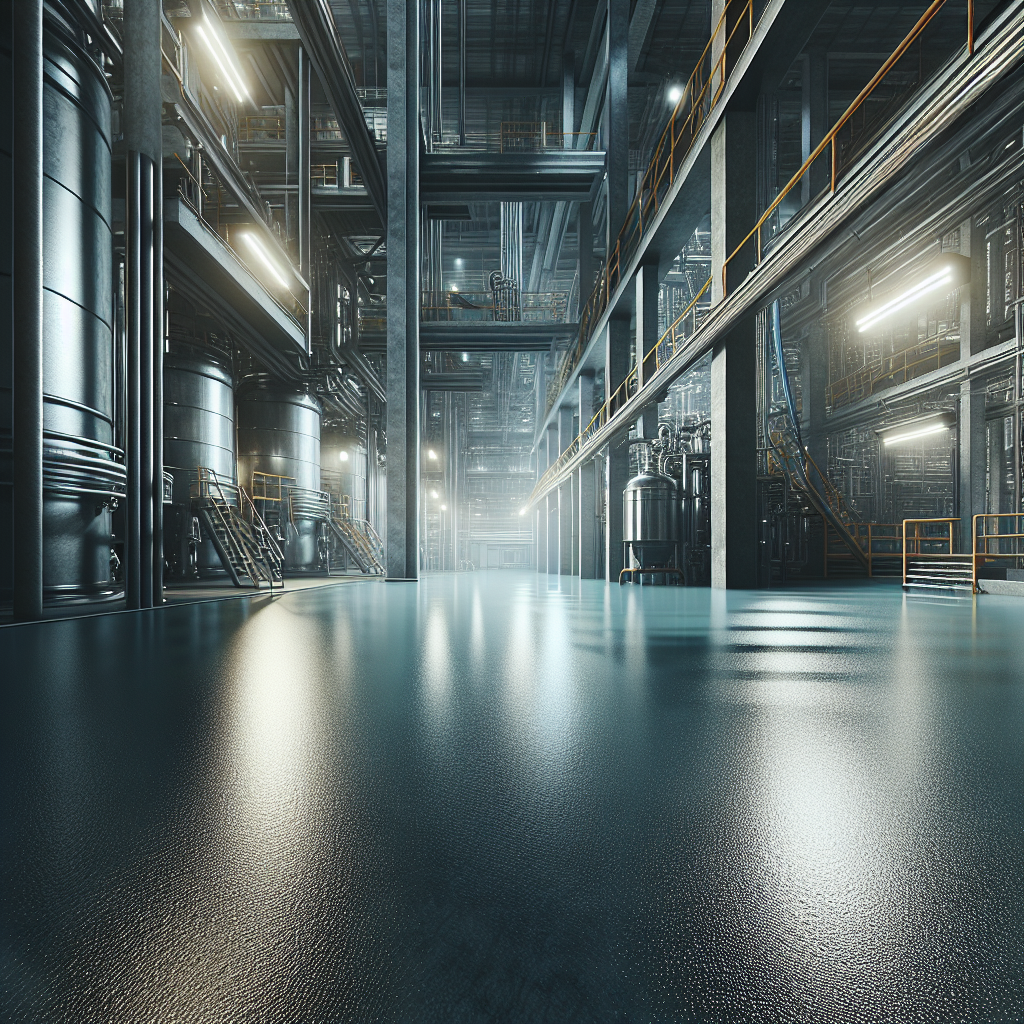
Maintaining the hardness and durability of your epoxy floors is essential for prolonging their lifespan and ensuring they remain visually appealing. Here are some effective tips to keep your epoxy flooring in top condition:
- Regular Cleaning: Keeping your epoxy floors clean is vital. Sweep or vacuum regularly to remove dirt and debris. For deeper cleans, use a damp mop with a mild detergent. Avoid abrasive cleaners that could scratch the surface.
- Avoid Heavy Impacts: While epoxy flooring is known for its strength, minimizing heavy impacts can help maintain its integrity. Use protective pads under heavy furniture or equipment to reduce the risk of chipping.
- Address Spills Promptly: Epoxy floors are resistant to stains, but it’s crucial to clean spills like oil or chemicals immediately to prevent any potential damage. Use a soft cloth to blot spills and clean with a suitable cleaner if necessary.
- Control Temperature and Humidity: Extreme temperature fluctuations can affect the hardness of epoxy floors. Maintaining a stable environment helps preserve the epoxy’s integrity and prevents cracking.
- Reapply a Topcoat: Over time, the top layer of your epoxy flooring may wear down. Reapplying a protective topcoat every few years can enhance durability and restore the floor’s shine.
By following these maintenance practices, you can ensure that your epoxy floors retain their hardness and continue to perform well in both residential and commercial settings. Proper care will not only extend the life of your flooring but also keep it looking as good as new.
Comparing Epoxy Flooring to Other Flooring Options
When considering flooring options, it’s essential to evaluate how epoxy flooring stands against other popular choices. Each flooring type has its unique benefits and drawbacks, making the right selection dependent on your specific needs.
- Vinyl Flooring: Vinyl is often praised for its affordability and ease of installation. However, while it offers a cushioned feel and is resistant to moisture, it does not provide the same level of durability and hardness as epoxy flooring. Epoxy is much more resistant to heavy impacts and chemicals, making it ideal for garages and industrial applications.
- Concrete Flooring: Concrete is a robust option, but it can be prone to stains and cracks. Epoxy flooring provides a seamless finish that not only enhances the aesthetic appeal but also shields the underlying concrete from damage, offering superior protection and easy maintenance.
- Tile Flooring: Tile is a classic choice known for its versatility and design options. While tiles can be durable, they can also be slippery and may require grout maintenance. In contrast, epoxy floors are slip-resistant and easier to clean, thus requiring less upkeep over time.
- Hardwood Flooring: Hardwood offers warmth and beauty but requires regular maintenance and can be susceptible to scratches and water damage. Epoxy flooring, on the other hand, combines aesthetic appeal with unmatched durability, making it an excellent choice for high-traffic areas.
Ultimately, epoxy flooring excels in hardness, durability, and maintenance ease compared to other options. If you’re looking for a flooring solution that can withstand the test of time while providing style and functionality, consider the benefits of epoxy. Call Us Today for a Free Quote and let us help you choose the best flooring solution for your needs!
